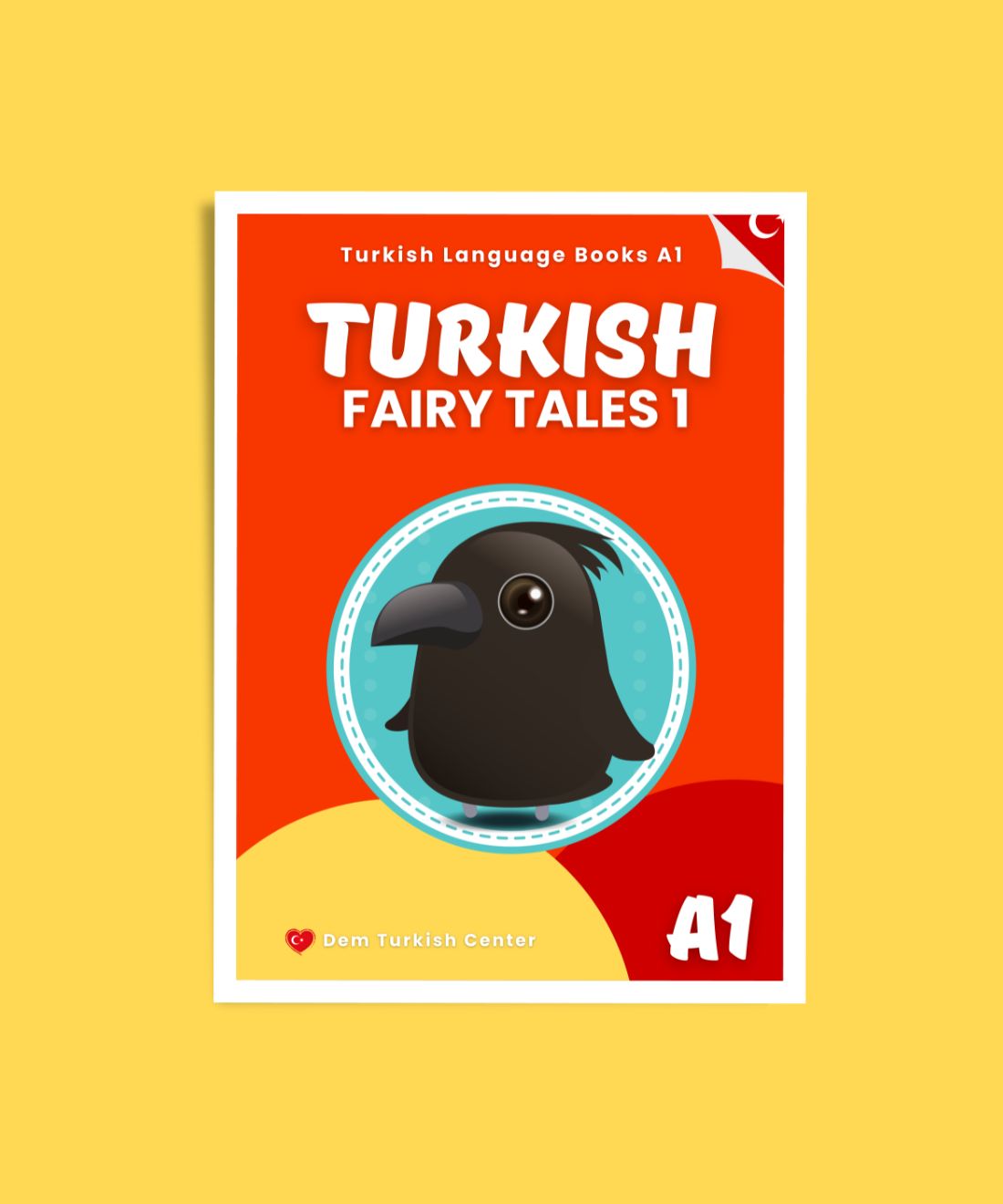
Why Turkish is the Most Logical Language to Learn
Learning a new language can be daunting, but Turkish stands out as one of the most logical and systematic languages for learners. Whether you're a beginner or an experienced polyglot, Turkish offers a straightforward structure that makes it surprisingly easy to master.
Learn Turkish yourself online, anytime, anywhere!
TURKISH AS THE MOST LOGICAL LANGUAGE TO LEARN
Here’s why Turkish might be the smartest language choice you’ll ever make.
1. Phonetic Spelling: Read as You See
Unlike English or French, Turkish is completely phonetic — every letter corresponds to one sound, and words are pronounced exactly as they’re written. For example:
"Teşekkür ederim"* (Thank you) is pronounced teh-shek-koor eh-deh-reem.
No silent letters or unpredictable pronunciations.
This makes reading, writing, and speaking far easier for beginners.
2. No Gendered Nouns (No "He/She" Confusion!)<7h3>
Many languages (like Spanish, French, or German) assign genders to objects, forcing learners to memorize whether a table is "male" or "female."
Turkish has no grammatical gender.
- "O" means "he, she, or it" — no need to guess!
- "Kitap" (book) is just "kitap" — no masculine / feminine forms.
This eliminates a major headache for learners.
3. Consistent Grammar Rules (No Exceptions!)
Turkish grammar follows strict, predictable patterns with almost no exceptions.
Key Features
- Agglutination Words build logically with suffixes. "Ev" (house) → "Evim" (my house) → "Evimde" (in my house).
- Verb Conjugation is Regular "Gitmek" (to go) → "Gidiyorum" (I go), "Gidiyorsun" (you go).
- No Irregular Verbs Unlike English (go→went→gone), Turkish verbs follow clear rules.
4. Word Order is Flexible (But Logical)
Turkish uses Subject-Object-Verb (SOV) by default, but meaning stays clear even if you rearrange words. Fo example:
- "Ben kitabı okudum." I read the book.
- "Kitabı ben okudum." The book, I read.
Both mean the same thing—emphasis changes, but grammar stays intact.
5. Easy Vocabulary Building with Suffixes
Turkish constructs words like LEGO blocks, making vocabulary expansion intuitive. For example:
- "Göz"* (eye) → "Gözlük" (glasses) → "Gözlükçü" (optician)
- "Bil-" (know) → "Bilgi" (knowledge) → "Bilgisayar" (computer)
This means learning one root word unlocks dozens more.
6. Easy Plurals (Just Add -lar/-ler)
In Turkish, making plurals is as simple as adding -lar or -ler:
- "Araba"* (car) → "Arabalar" (cars)
- "Çocuk" (child) → "Çocuklar" (children)
No irregular plurals like "child → children" or "mouse → mice"!
7. Straightforward Questions
Forming questions is incredibly easy — just add "mı/mi/mu/mü" at the end. For example:
- "O geliyor." He is coming.
- "O geliyor mu?" Is he coming?
- "O anladı." He understood.
- "O anladı mı?" Did he understand?
No complicated word order changes like in English.
8. Culturally Useful & Growing in Importance
Beyond its logical structure, Turkish is:
- Spoken by 85+ million people (Turkey, Cyprus, Balkans, Middle East)
- Key for business in Eurasia’s fast-growing economies
- Essential for travel in one of the world’s top tourist destinations
9. Fun to Learn!
Turkish is rich in expressive idioms, playful slang, and poetic phrases, making learning enjoyable:
- "Gözümden düşmek" To fall from my eye = Lose my respect
- "Ateş püskürmek" To spit fire = To be furious
Final Verdict: Turkish is a Learner’s Dream
With its phonetic spelling, genderless nouns, consistent grammar, and logical word-building, Turkish removes many of the frustrations of language learning.
BECOME A DEM TURKISH CENTER MEMBER!
Learn Turkish yourself with Dem Turkish Center!














